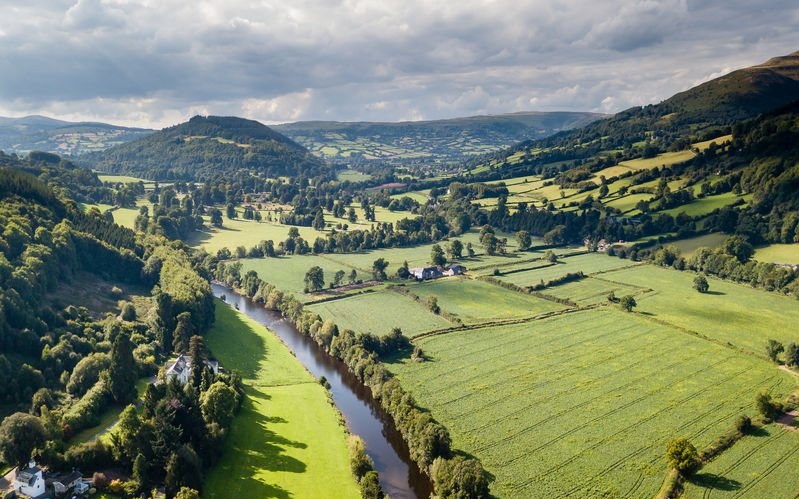
The increasingly negative narrative around livestock farming and the environment has led Welsh farmers to tell their stories and highlight the sector's positives.
Farmers will be addressing misleading claims by various groups about the role livestock farming plays in relation to climate change and the environment.
It is part of the Farmers' Union of Wales' (FUW) campaign 'Guardians of the Welsh Land', highlighting how producers are protecting and enhancing the natural world.
Starting this week, it will introduce four farmers all of whom tell the story of how they are addressing environmental issues and climate change in their own ways.
The improvements undertaken by the farmers are achieved through specific livestock grazing patterns and rest periods, the initiative will highlight.
Soil, the campaign will stress, is a long term investment and at present, around 410m tonnes of carbon is stored in Welsh soils and 75,700 hectares of Wales’ woodland (25%) is on farmland, representing an important and growing carbon sink.
FUW deputy president Ian Rickman said farmers were 'best placed' to communicate their stories as they were 'the most trusted link in the supply chain'.
He said that 2021 was an 'important year' for these types of conversations against the backdrop of the United Nations Food Systems Summit and COP26.
"Telling the positive story of the guardians of our Welsh land is now more important than ever,” he said.
“We know that farming is already responsible for a critical carbon resource in soils, woodland and semi-natural habitats."
Mr Rickman added that the livestock sector needed to counteract the anti-farming lobby, who had a campaign to 'vilify and belittle' food producers.
"These attacks are corrosive and grossly misleading, negatively influencing consumer perception of the industry and influencing political agendas on a global scale.”
